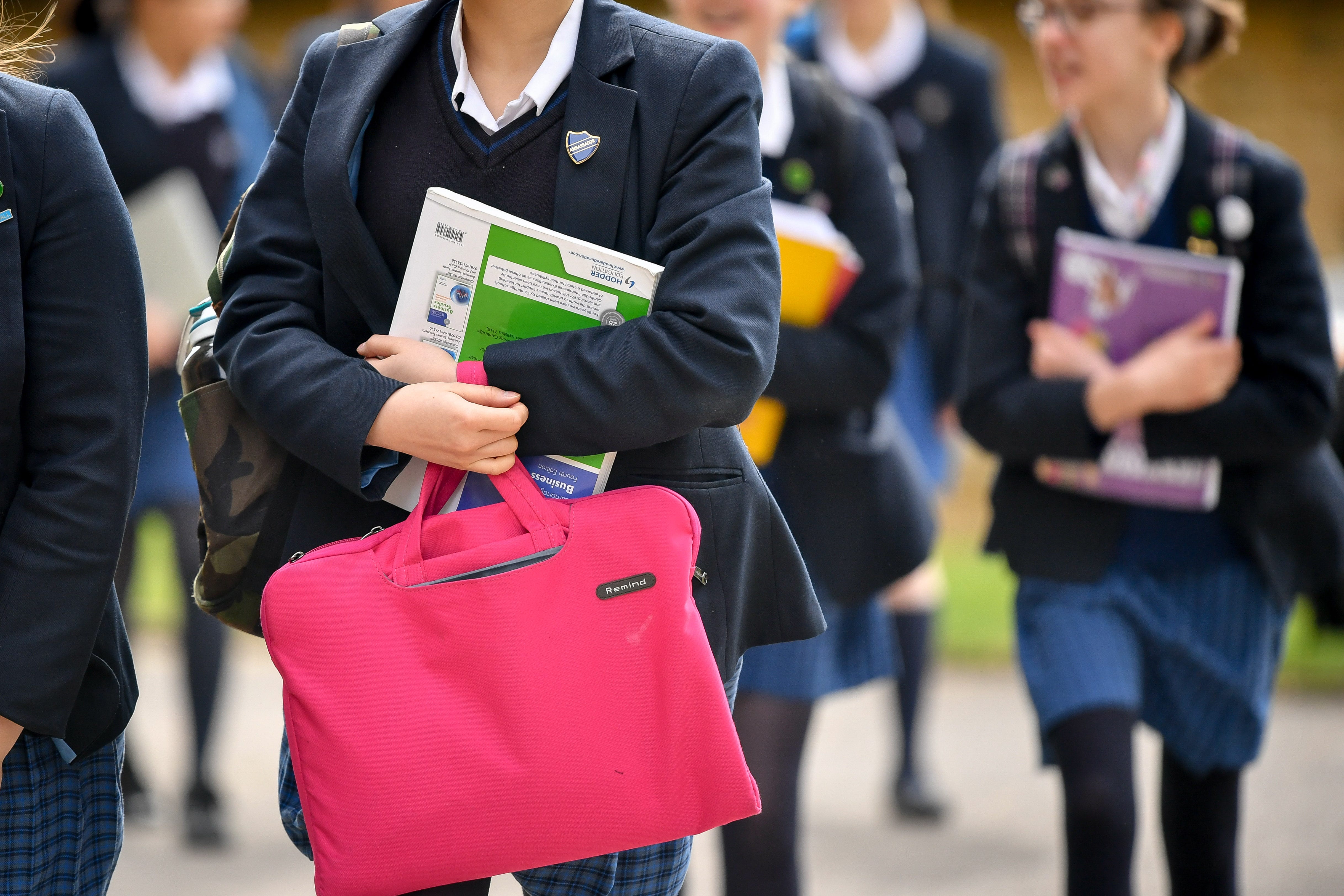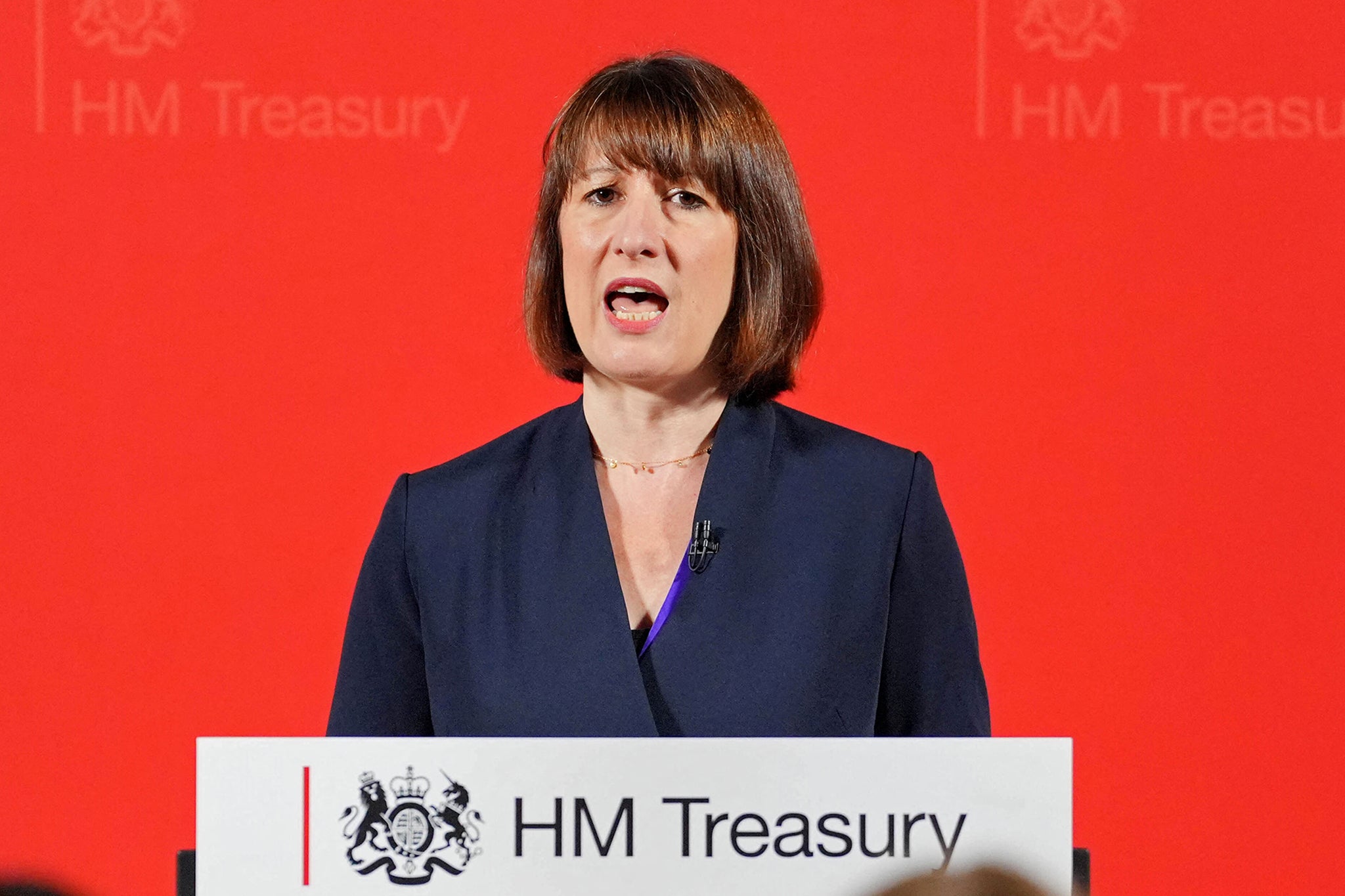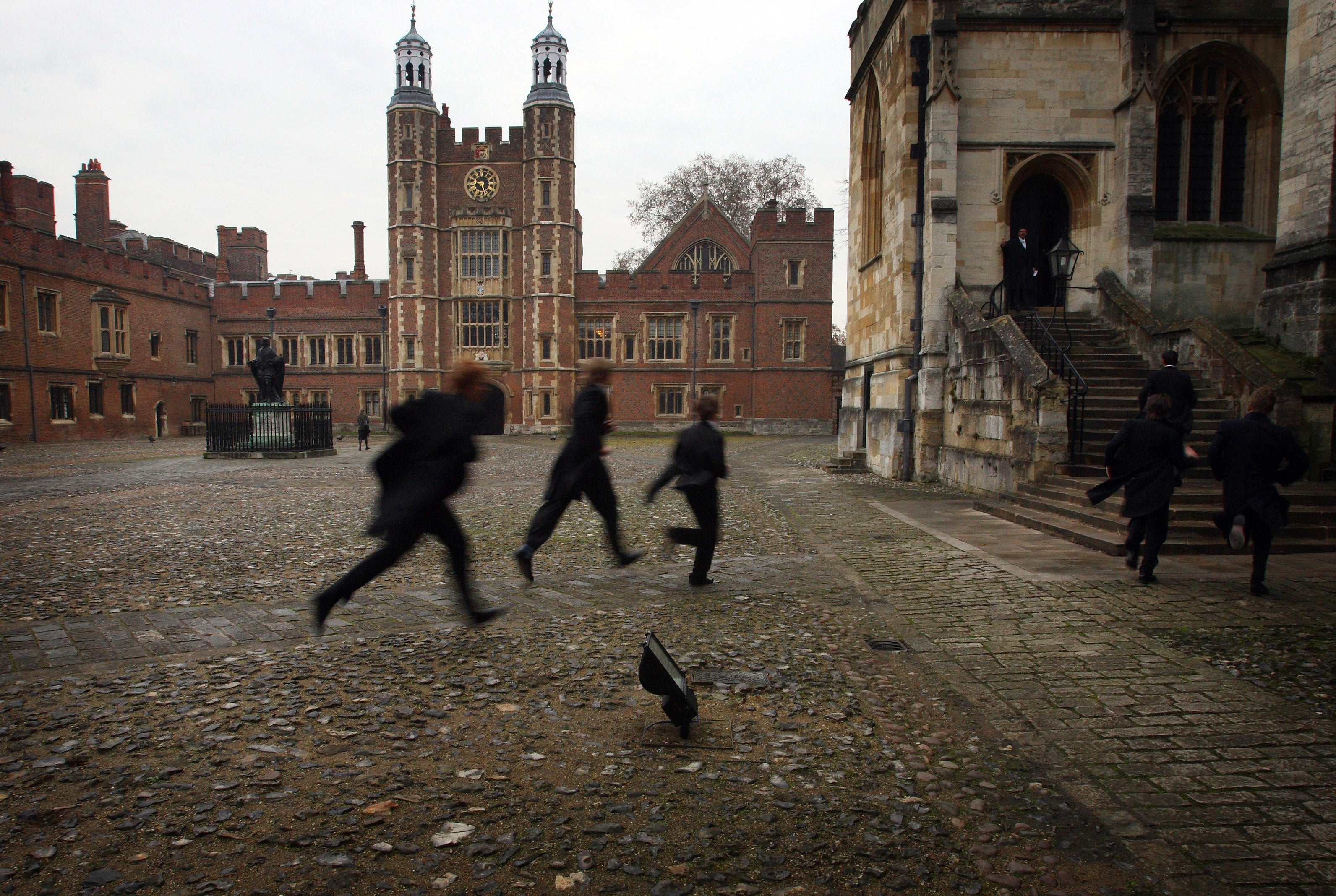Labour’s VAT on private schools could come as soon as January
The planned hike to private school fees could be coming sooner than expected

Your support helps us to tell the story
From reproductive rights to climate change to Big Tech, The Independent is on the ground when the story is developing. Whether it's investigating the financials of Elon Musk's pro-Trump PAC or producing our latest documentary, 'The A Word', which shines a light on the American women fighting for reproductive rights, we know how important it is to parse out the facts from the messaging.
At such a critical moment in US history, we need reporters on the ground. Your donation allows us to keep sending journalists to speak to both sides of the story.
The Independent is trusted by Americans across the entire political spectrum. And unlike many other quality news outlets, we choose not to lock Americans out of our reporting and analysis with paywalls. We believe quality journalism should be available to everyone, paid for by those who can afford it.
Your support makes all the difference.Labour’s plan to end tax breaks for private schools could begin as soon as next January, as the government looks to include the measure in their first autumn budget.
Despite widespread expectations that the change would be delayed until next September, it is now believed the party will attempt to push through the policy sooner.
This will mean parents of children attending private schools now face a mid-term price hike, rather than having an extra nine months to prepare for the costs.
A government source said: “This was a manifesto commitment and we have been clear that the change would be included in our first budget”.
“We are keen for this to take effect as soon as possible and have given parents fair warning that these changes are coming,” they told The Times.

The policy will see VAT and business rates applied to private school fees. It was a key Labour manifesto pledge.
The party says the change will raise around £1.5 billion a year, ring-fenced for reinvestment into state education. This includes funding policies such as 6,500 new expert teachers, Ofsted reform and over 3,000 new nurseries.
Speaking shortly before the election, Rachel Reeves said: “Over the last 14 years state schools have had to make huge efficiencies because of the cuts to real-terms spending.”
“I strongly believe that private schools as well, have to be able to make efficiencies”.
Critics of the policy have said it could lead to an exodus of private school pupils, which could subsequently overwhelm state schools with an influx of new students. An analysis for the Independent Schools Council predicts around a quarter of pupils could move to state schools after the price rise.
Here’s everything you need to know about the proposed changes to how private schools are taxed:
What are private schools?
Private schools charge fees to most of their students, althought many will also offer some free places under bursary or scholarship schemes.
The average yearly charge for a non-boarding student at a day school is £16,000, but it depends on the school. Schools like Eton or Harrow, for instance, charge around £50,000.

The price also increases considerably for pupils who board, meaning they will reside in the school’s dormitory’s during term-time, rather than at home. The average cost for parents in this case is £39,000.
There are around 2,500 private schools in the UK, educating around 7 per cent of all pupils. They have more freedom than state-funded schools and can decide their own curriculums.
How much are private school fees going up?
Private school fees will increase by 20 per cent after the rise, in line with the current rate of Value Added Tax (VAT). This is the levy automatically applied to many goods and services in the UK.
While the government has suggested schools should absorb some of the costs to avoid passing on large fee hikes to parents, some schools have warned they cannot afford to do so.
The rate has not historically been applied to private schools due to a legal exemption for organisations that provide education. They also hold charitable status, which will not be removed as part of Labour’s changes.
Adding 20 per cent to the average private school fees would see day schools rise to £19,200 a year, and to £46,800 for boarding schools.
Join our commenting forum
Join thought-provoking conversations, follow other Independent readers and see their replies
Comments